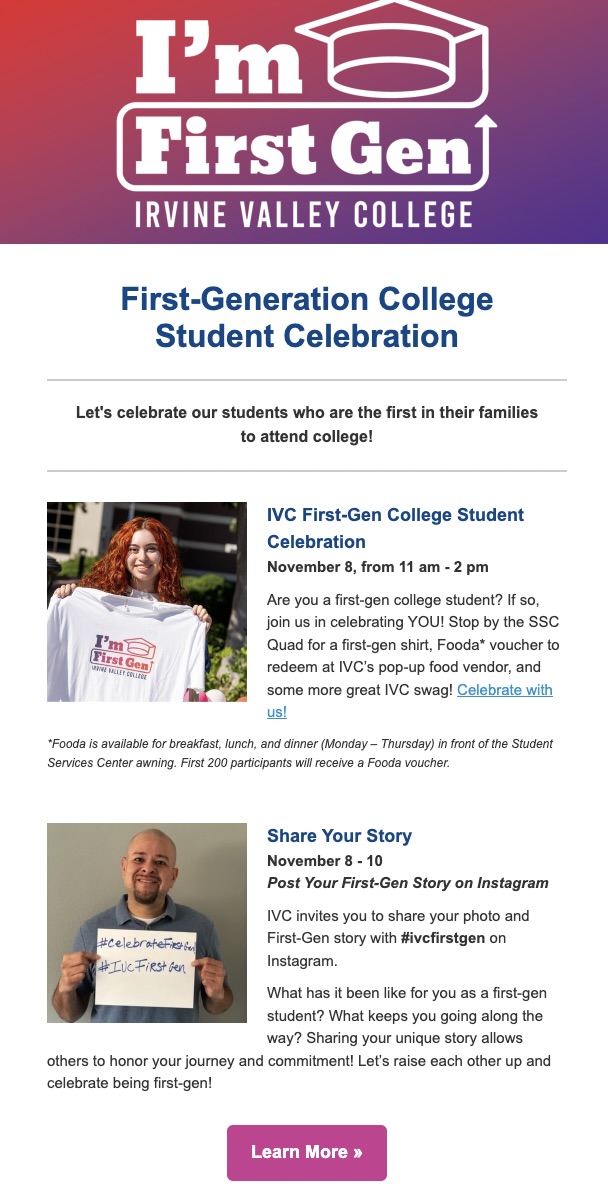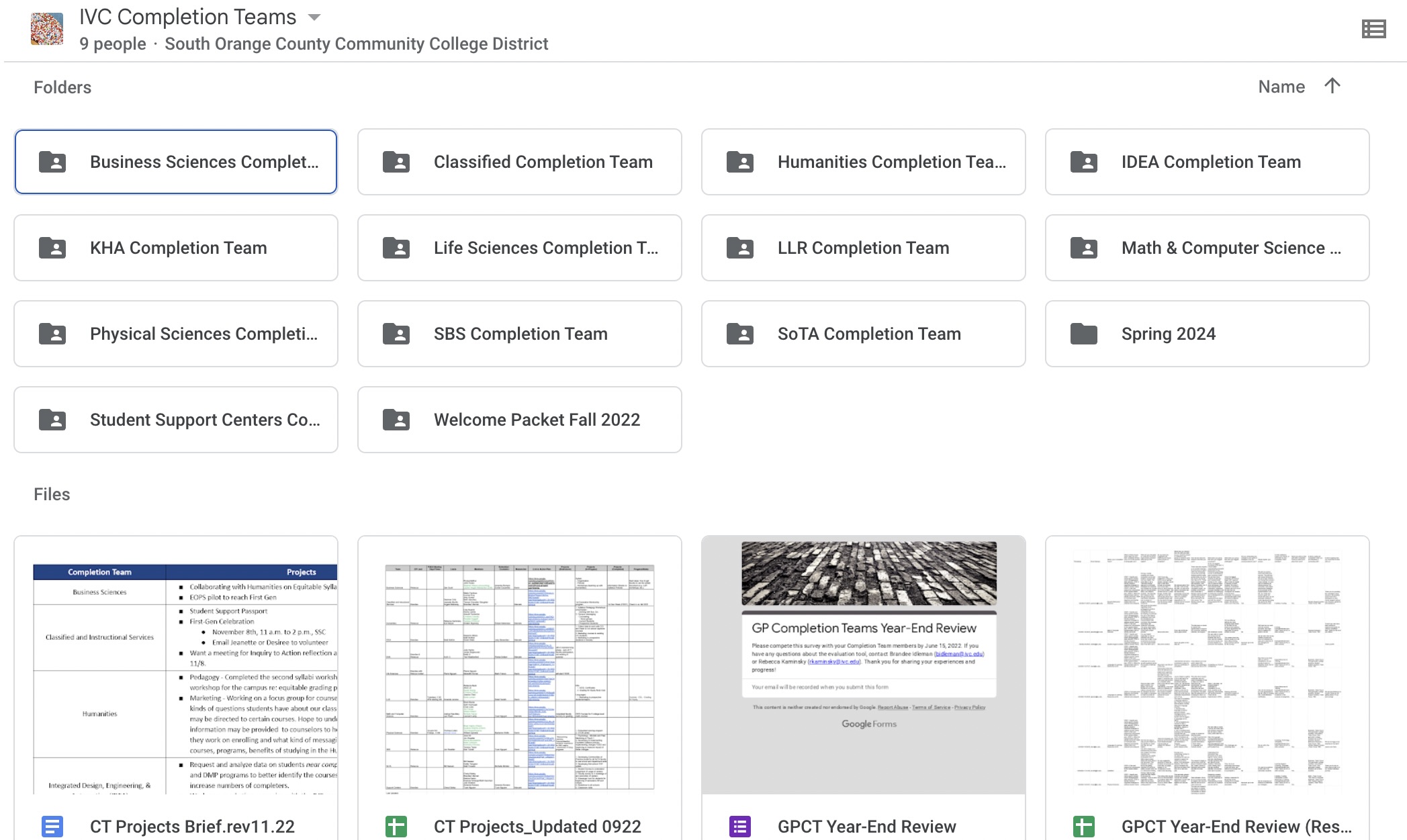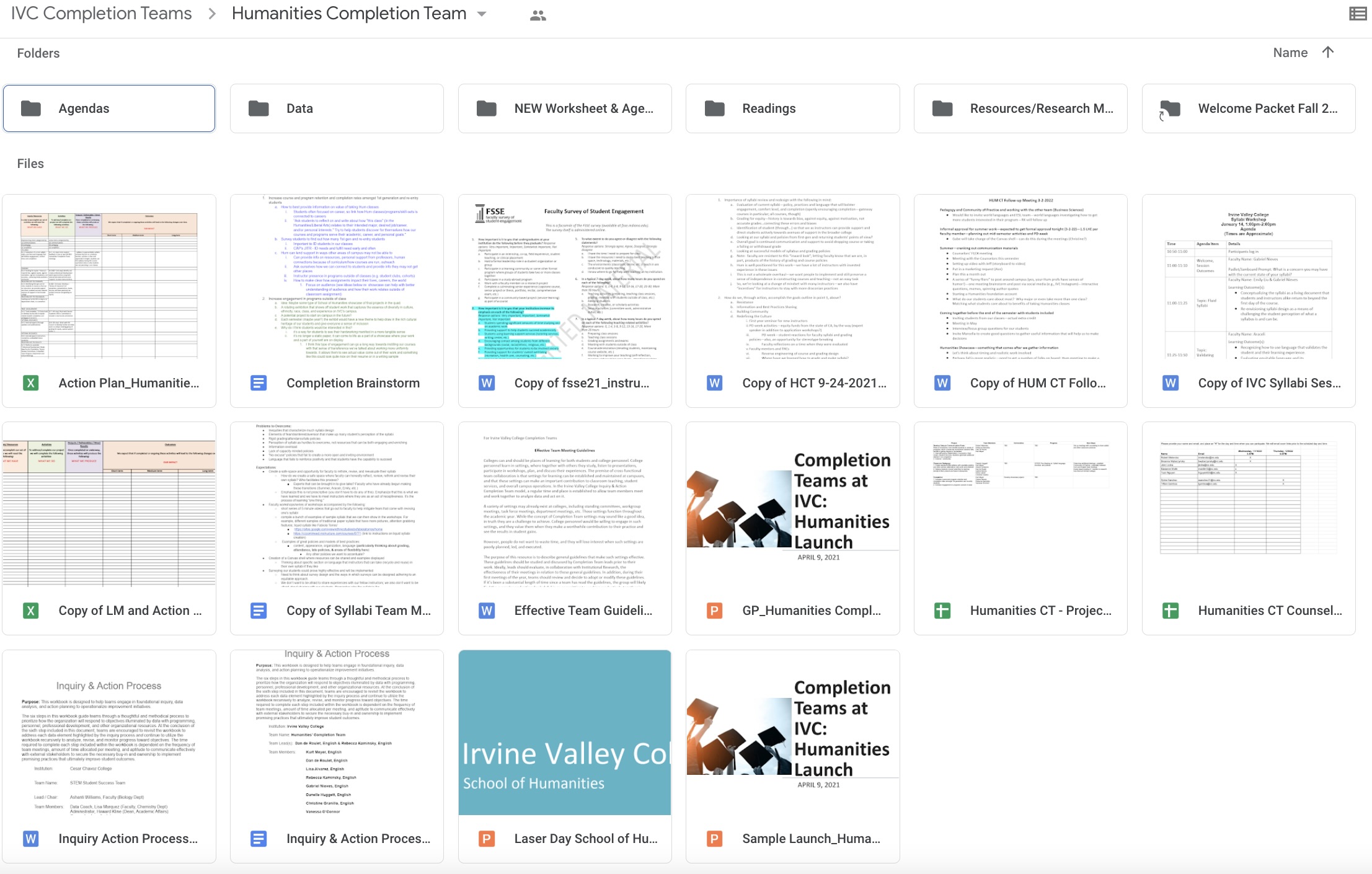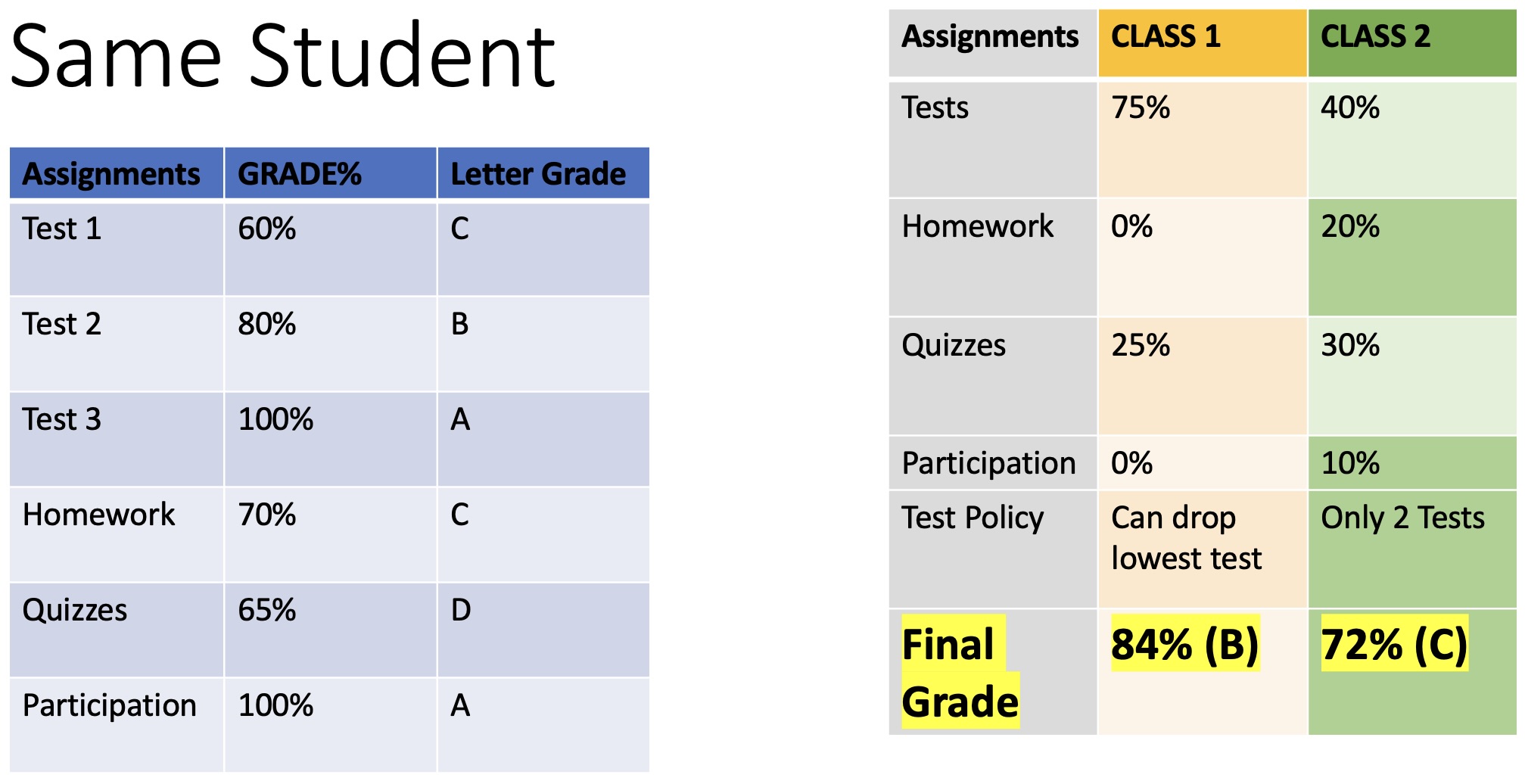Student Success & Equity with Rebecca Kaminsky

LISTEN TO THE EPISODE:
Learn about inquiry and action teams and how they help college educators continually improve their craft.
In this episode, I interview Rebecca Kaminsky, English Faculty and former Guided Pathways Coordinator at Irvine Valley College.
(Scroll down to access the transcript.)
This podcast is part of an inquiry & action teams series, starting with how Santa Barbara City College implements their teams per career & academic community, program, and discipline (check out SBCC's podcast episode with Margaret Prothero). The episode with Miramar College focuses on how inquiry & action teams led to significant and gradual positive culture change (check out Miramar College's podcast episode with Dr. Lisa Brewster). This episode focuses on Irvine Valley College, which implements 12 inquiry & action teams!
Inquiry & Action Teams (fully explained in this video, which shows the contrast between this type of team and a case management team).
We cover the following key topics:
First, Murray participated in the conversation. Here's Murray :)

7:56:00: Getting the coalition of the willing.
The process has engaging prompts for each step and directions to help a team on their journey toward improving practices with equity intentionality. 
Sample work product: Classified Professional Team's First Gen Event Series
19:17:00: A-ha's from the inquiry & action process and the move toward equitable changes to practices.
To provide a sense of the scope and breadth of the inquiry and action team work, here's the folders for the 12 teams, which includes a comprehensive work product tracker of all teams' work. 
Each inquiry & action team (or "Completion Team" as IVC calls them) has its own folder with dozens of documents that record their meaningful journey to action. Humanities team example:

40:58:25: It's a lottery for students: the realization of significant grading policy variance for the same course in different sections.
Grading Variance: A team took a deeper dive into grading policies and practices for different sections of the same course. The findings showed one student with the same scores, but the policy changes the final grade depending on the section the student is enrolled in. Sometimes the variance is even more stark. Here, it is the difference between a B and C. 
49:34:50: Moving beyond equity talk.
Resource: Learn about the "in-between."
Select Rebecca Kaminsky episode quotes:
"Just because you've been doing things for a lot of years doesn't mean there's not something new for you to consider and potentially change within your practices. So, it's really hard, especially when you look at that data and you see the data telling you there is very specific groups of students that should be doing a lot better than they're doing. It's hard knowing how much time and energy and effort and heart that you're putting into that to accept that some of that might be because of my practices. And so you have to make space as a college, as a department, as a school, as a community of educators to say, 'It's going to take us a little time to figure that out and understand what I have control over and what I can change in order to make improvements.'
Again, you can't mostly change what's happening externally. We can't change that out students might need to work multiple jobs, but we can change our practices in the classrooms to accommodate those students that have multiple jobs. We can be more flexible. We can't change whether or not our students are food insecure, but we can walk them over to the food pantries on campus with the whole class so that nobody feels that they're being pointed out. There are a lot of external things that we can't change, but it's hard to accept when we haven't changed the things that we can change. Sometimes getting people there can take longer. And honestly, that's okay as long as they get there."
"What we learned is just how great grade variation there can be across sections of the same course, some of which is pedagogical in nature. These differences--some are different because faculty teach at so many different colleges and the course outline of record for each of those classes is not the same, even though it articulates as the same class two universities. Some of it is just a need for professional development so that everybody can sort of be normed. And what can we do about it if we think that this is a problem? You can look at that data and decide it's not a problem and choose to address something else. And that would have been perfectly fine for a team. And some teams have looked at that and said, we don't consider that to be a problem. We consider that to be an issue of academic freedom. While I may not personally agree, but that's not my team or department. But that does bring up these questions is are the way that we are grading practices or policies, having this kind of huge variation on student outcomes from one section to another over time?
Because it's not as though we were looking at this data in a vacuum. We weren't saying this one semester this happened. We looked at years worth of data and saw this [grading variance] was a pattern. And at that point, that's when you have to stop and say, is there something that we need to dig into and do something about this? And if so, what is that thing? And how do we do it without infringing upon that really necessary and important academic freedom that all faculty need to have in order to do their jobs well."
About Rebecca Kaminsky
Rebecca Kaminsky is an English Professor at Irvine Valley College and former Guided Pathways Coordinator. As English faculty, she participated in multiple measures and developmental education reform implementation. In her role working on Guided Pathways, she helped institute Design Teams, implement Interest Areas, develop academic roadmaps, work on college’s Find Your Path webpages, and later IVC’s new website, and launch Completion Teams.
About Dr. Al Solano
Al is Founder & Coach at the Continuous Learning Institute. A big believer in kindness, he helps institutions of higher education to plan and implement homegrown practices to improve student success and equity by coaching them through a process based on what he calls the "Three Cs": Clarity, Coherence, Consensus. In addition, his bite-sized, practitioner-based articles on student success strategies, institutional planning & implementation, and educational leadership are implemented at institutions across the country. He has worked directly with over 50 colleges and universities and has trained well over 5,000 educators. He has coached colleges for over a decade, worked at two community colleges, and began his education career in K12. He earned a doctorate in education from UCLA, and is a proud community college student who transferred to Cornell University.





